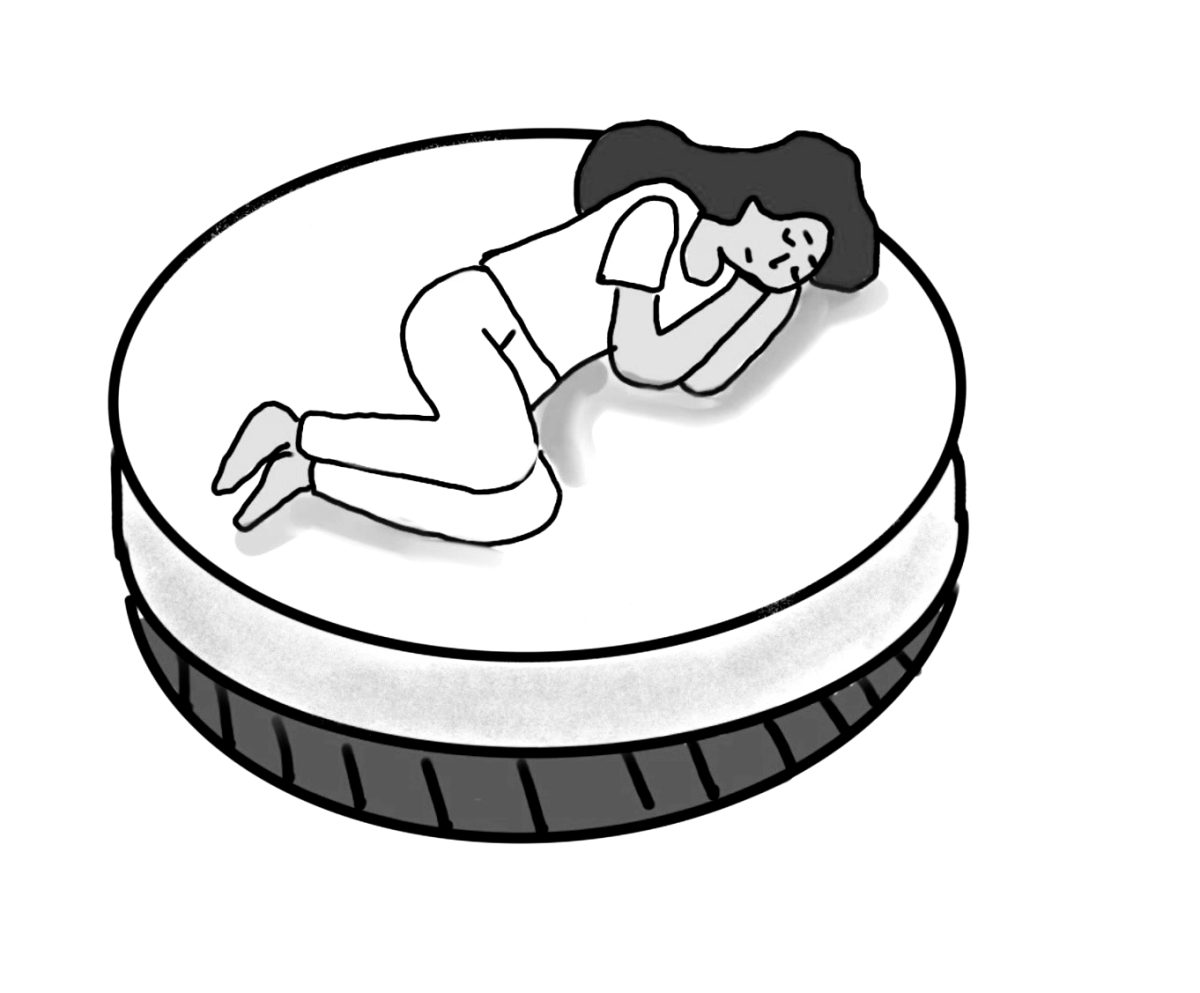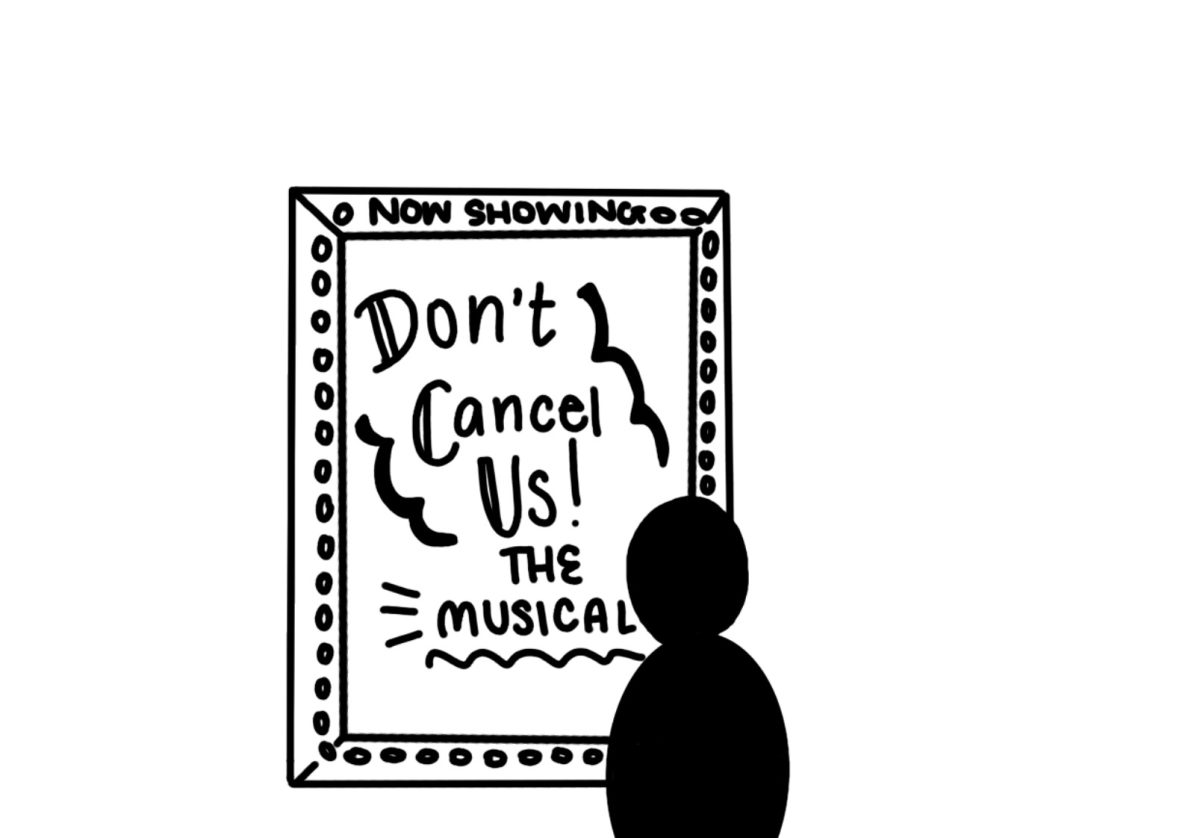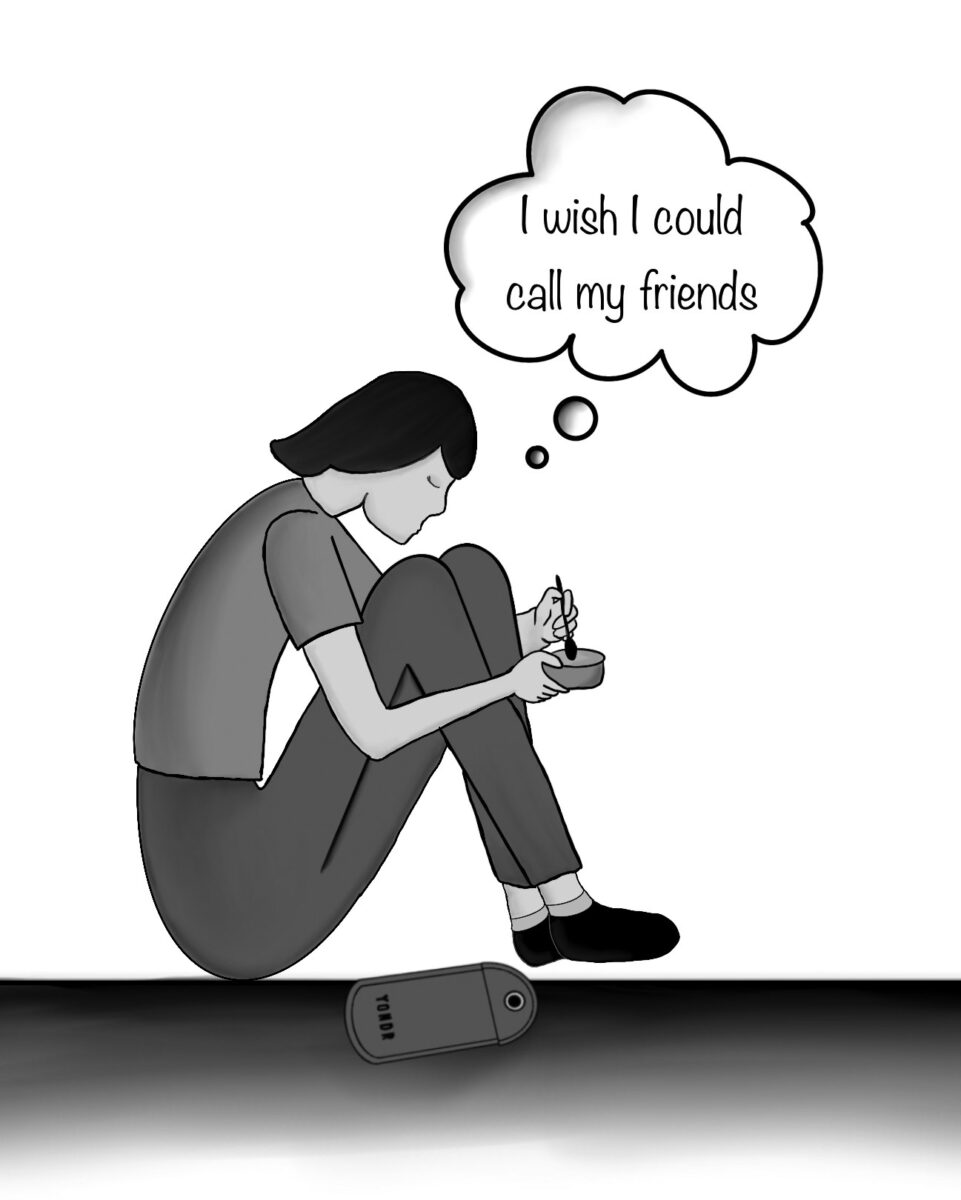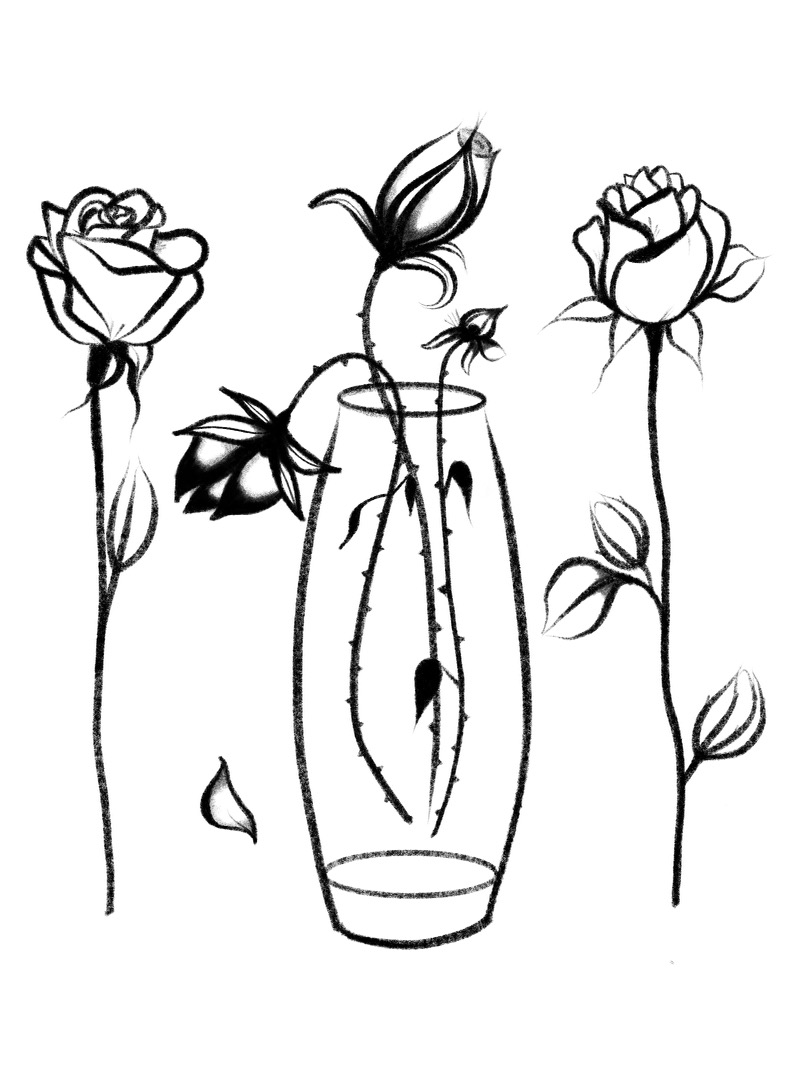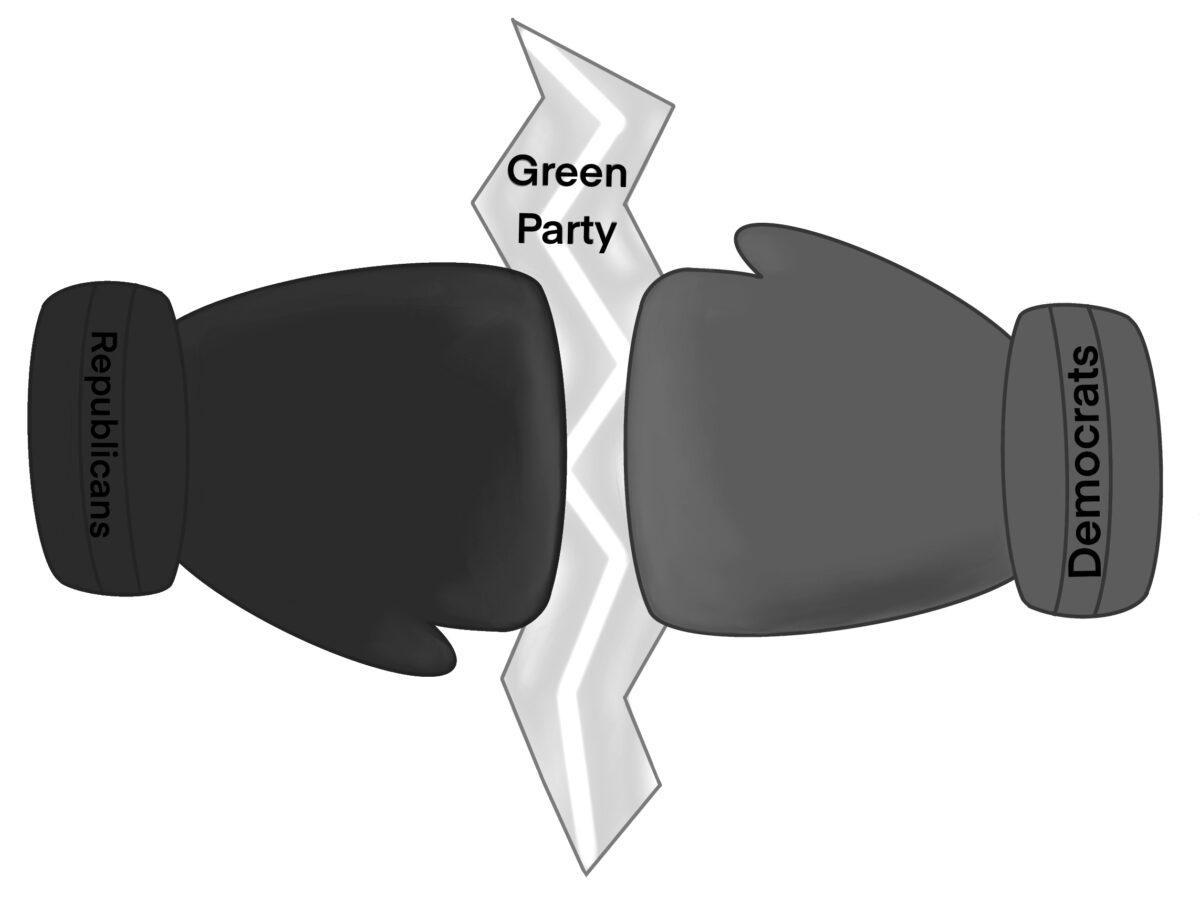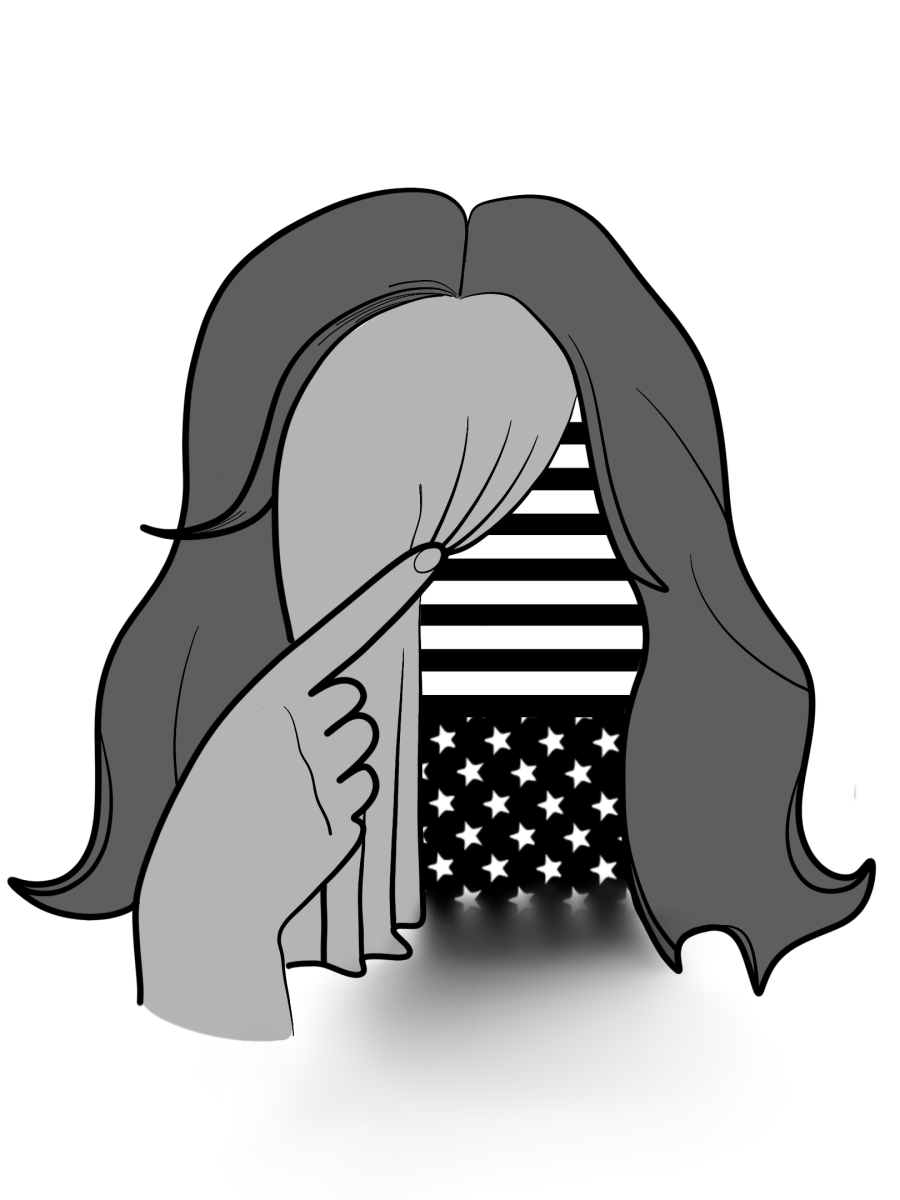Several Lake Tahoe ski resorts, including Squaw Valley, have recently outlawed plastic water bottles, but curiously, Marin has not followed in their footsteps.
It is surprising that Marin, which is generally perceived as an eco-friendly community, has not outlawed plastic bottles given their harmful effects on the environment. Could it be that Marin County residents talk the talk when it comes to environmental safety, but do not walk the walk when it comes to their personal lifestyles?
In March 2014, San Francisco banned plastic water bottles in order to provide a productive approach to prevent pollution. At the beginning of this ski season, Squaw Valley and Alpine Meadows ski resorts also banned plastic bottle sales in order to reduce waste. Movements to ban plastic water bottles in other ski resorts have also sprouted.

In Marin, Redwood led the charge against plastic water bottles by stopping the sale of them in the CEA and having boxed water available. New water filling stations were also installed to encourage reusable bottles. Redwood’s decision to go eco-friendly set a good example of the changes that need to be made all across Marin.
Marin County’s large suburban community may believe in the problems that pollution will create, but when it comes to making a change at this moment, I have found that many residents still won’t separate paper from glass when recycling, or bring a reusable water bottle to work.
PerhapsMarin residents are hesitant to change because many perceive this issue as inconsequential due to the fact that they don’t personally see the harm that plastic bottles cause. The problems caused by the plastic water bottle that a resident just purchased will not have a direct effect on the environment for a considerable amount of time. And that effect may never be seen by the resident. The problem is not equivalent to an oncoming car about to crash, but more comparable to a reckless drunk driver one mile behind you, slowly catching up.
Even though it is commonly known that plastic bottles are detrimental to the environment, about 80 percent of them are still never recycled, according to Brooks/Cole’s fourteenth edition textbook, “Environmental Science.” Not only are plastic water bottles large polluters of the environment, but purchasing water in this form is more expensive than using tap water. Tap water is a much more sustainable source and everyone in Marin County should be using it.
The common misconception with tap water is that it can be contaminated or unhealthy to drink. However, Marin gets all of its fresh water from the numerous local above-ground reservoirs, and the Marin Municipal Water District makes sure that water is purified. Phoenix Lake, Kent Lake and several other lakes, along with the Russian River, provide all of Marin’s drinking water. Fear of outside sources that could be contaminated should be of no concern for both these reasons.
In addition, about 40 percent of bottled water in America is tap water and 30 percent is contaminated with some type of bacteria, according to “Environmental Science.”
There is one drawback that would come from a ban of plastic water bottles: which is accessibility. However, to keep drinking water accessible, a new water company with cartoned water could easily take the place of these plastic companies or water filling stations could be spread around Marin. This problem could be easily and effectively resolved if the ban were enforced.
With all of this evidence easily accessible to thousands of Marin residents, how come everyone is not advocating for changes? It is because many do not realize that the change starts with every individual person. I know everyone hears this baloney all the time, but if individuals can start making these minor changes to their own lifestyles, the aggregate effect will make a huge change.

